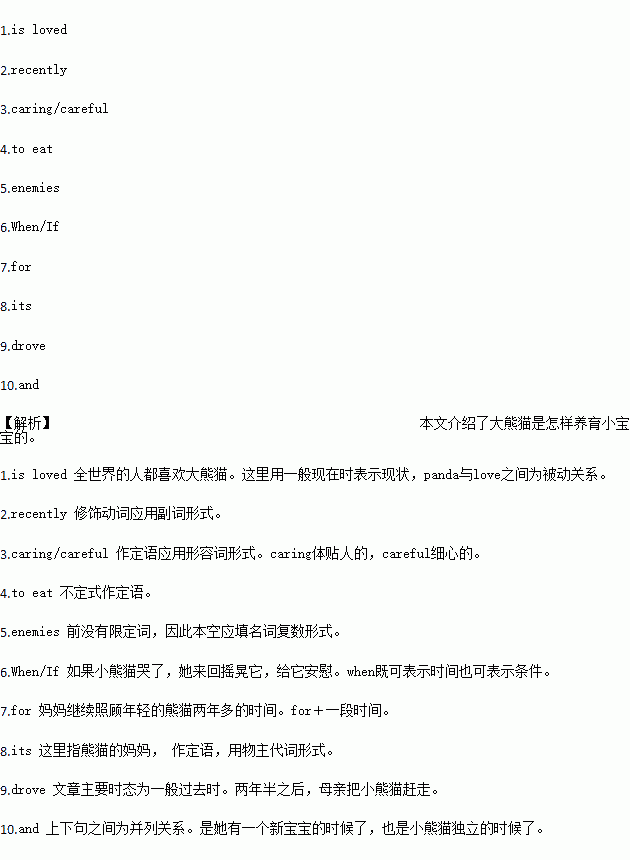Most episodes (片段) of absent-mindedness—forgetting where you left something or wondering why you just entered a room—are caused by a simple lack of attention.” says Schacter. “You’re supposed to remember something, but you haven’t encoded it deeply.”
“Encoding”, Schacter explains, “is a special way of paying attention to an event that has a major effect on remembering it later. Failure to encode properly can create annoying situations. If you put your mobile phone in a pocket, for example, and don’t pay attention to what you did because you’re involved in a conversation, you’ll probably forget that the phone is in the jacket now hanging in your wardrobe (衣柜).” “Your memory itself isn’t failing you,” says Schacter. “Rather, you didn’t give your memory system the information it needed.”
Lack of interest can also lead to absent-mindedness. “A man who can recite sports statistics from 30 years ago,” says Zelinski, “may not remember to drop a letter in the mailbox.” Women have slightly better memories than men, possibly because they pay more attention to their environment. And memory depends on just that.
“Reminders can help prevent absent-mindedness,” says Schacter. “But be sure the reminder is clear and available,” he says. If you want to remember to take medicine with lunch, put it on the kitchen table— don’t leave it in the medicine chest and write yourself a note that you keep in a pocket.
Another common episode of absent-mindedness: walking into a room and wondering why you’re there. Most likely, you were thinking about something else. “Everyone does this from time to time,” says Zelinski. The best thing to do is to return to where you were before entering the room, and you’ll likely remember.
1.Why does the writer think that encoding is important?
A. It helps us understand our memory system better.
B. It enables us to remember something from our memory.
C. It expands our memory ability greatly.
D. It slows down the process of losing our memory.
2.Why can a note in the pocket hardly serve as a reminder?
A. Because it will easily get lost.
B. Because it’s not clear enough for you to read.
C. Because it’s out of your sight.
D. Because it might get mixed up with other things.
3.What do we learn from the last paragraph?
A. If we pay more attention to one thing, we might forget another.
B. Memory depends to a certain extent on the environment.
C. Doing something again helps improve our memory.
D. If we keep forgetting things, we’d better return to where we were.
4.What is the passage mainly about?
A. The process of gradual memory loss.
B. The causes of absent-mindedness.
C. The influence of the environment on memory.
D. A way of encoding and remembering.

